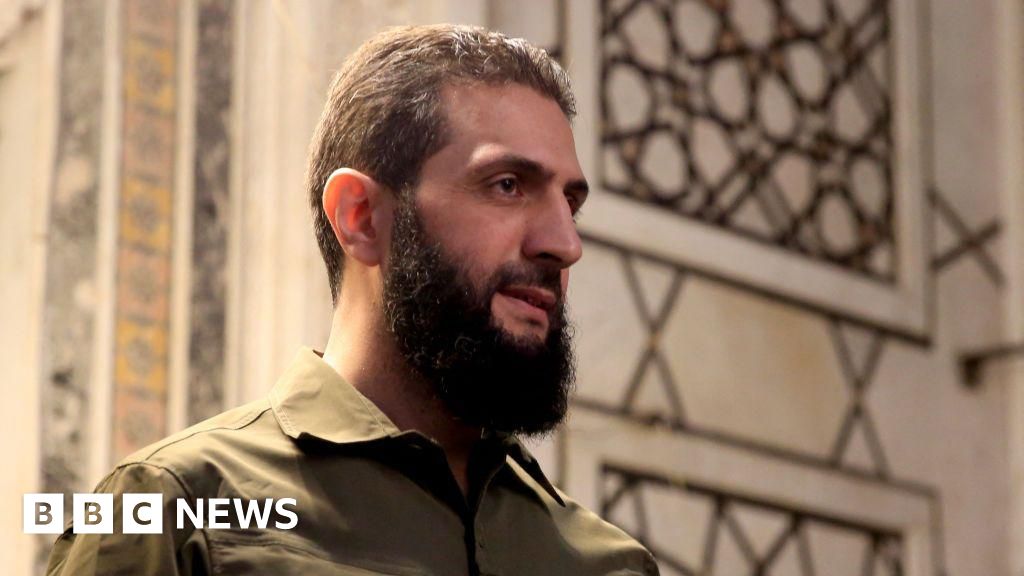- The EU’s price cap on Russian crude and its ban on seaborne Russian crude kicked in Monday.
- Oil tankers have begun piling-up off Turkish shores, as Ankara requires proof of insurance coverage.
- Shipping insurers rejected the ask for, as Turkey’s inquiring for coverage that could expose them to a breach of sanctions.
A European Union rate cap on Russian oil kicked in on Monday and it’s currently triggering shipping disruption — oil tankers are piling up off the coastline of Turkey as Ankara is demanding paperwork that the vessels are entirely insured, in accordance to the Economic Instances.
The pile-up arrives just as an EU value cap of $60 a barrel price cap for Russian crude kicked in.
As 90% of the world’s shipping insurance coverage is presented by a group mostly dependent in Europe, the aim is to curb Russia’s oil earnings by restricting how a lot protection the insurers can offer — that’s for the reason that only individuals vessels carrying cargo priced down below the EU cap can access Western maritime coverage.
But the Turkish governing administration needs whole insurance policy coverage for the ships — resulting in a standoff and website traffic jam of 19 crude oil tankers waiting to cross Turkish waters, according to the FT which cites ship brokers, oil traders, and satellite monitoring companies.
In a notice issued on November 16, Turkey’s authorities is insisting on documentation of transport insurance policy coverage “beneath any conditions” — even when the ships breach sanctions “whether knowingly and intentionally or unknowingly and unintentionally”, according to a assertion posted on Sunday by Gard, a Norwegian shipping insurance provider that handles fifty percent of the world-wide merchant fleet.
This sort of prerequisites go past typical info that is commonly contained in a letter of entry for the ships, so the Worldwide Group of P&I Golf equipment — the security and indemnity suppliers which signifies a team of delivery insurers — has assessed that it “should not difficulty these a letter” to ships.
“Issuing a confirmatory letter below these situations would expose the Club to a breach of sanctions below EU, Uk and US legislation,” according to the assertion. The International Group of P&I Golf equipment is negotiating with the Turkish authorities.
This standoff in change has affected website traffic about the Turkish straits of Bosphorus and Dardanelles as they join exports from Russia’s Black Sea ports to global marketplaces. The very first ship to get there at the spot has been ready since November 29, the FT noted.
Turkey’s ministry of transport and infrastructure did not instantly respond to Insider’s request for comment despatched outside the house regular small business hours.
Moscow, on its element, has stated it would not offer its crude oil underneath the $60 a barrel level, with Russian Deputy Primary Minister Alexander Novak contacting the rate cap an “interference” that could lead to “destabilization, shortages of electricity means and reduction of investment decision” in the industry, in accordance to TASS, the condition-owned information company.
“It might be applied not only to oil but to other products on the sector, and not only to Russia but to other countries as perfectly,” Novak explained on Sunday.
US West Texas Intermediate oil futures were up .8% at $77.55 a barrel at 10.14 p.m. ET Monday, whilst worldwide Brent crude oil futures were .8% bigger at $83.36 a barrel.
- The EU’s price cap on Russian crude and its ban on seaborne Russian crude kicked in Monday.
- Oil tankers have begun piling-up off Turkish shores, as Ankara requires proof of insurance coverage.
- Shipping insurers rejected the ask for, as Turkey’s inquiring for coverage that could expose them to a breach of sanctions.
A European Union rate cap on Russian oil kicked in on Monday and it’s currently triggering shipping disruption — oil tankers are piling up off the coastline of Turkey as Ankara is demanding paperwork that the vessels are entirely insured, in accordance to the Economic Instances.
The pile-up arrives just as an EU value cap of $60 a barrel price cap for Russian crude kicked in.
As 90% of the world’s shipping insurance coverage is presented by a group mostly dependent in Europe, the aim is to curb Russia’s oil earnings by restricting how a lot protection the insurers can offer — that’s for the reason that only individuals vessels carrying cargo priced down below the EU cap can access Western maritime coverage.
But the Turkish governing administration needs whole insurance policy coverage for the ships — resulting in a standoff and website traffic jam of 19 crude oil tankers waiting to cross Turkish waters, according to the FT which cites ship brokers, oil traders, and satellite monitoring companies.
In a notice issued on November 16, Turkey’s authorities is insisting on documentation of transport insurance policy coverage “beneath any conditions” — even when the ships breach sanctions “whether knowingly and intentionally or unknowingly and unintentionally”, according to a assertion posted on Sunday by Gard, a Norwegian shipping insurance provider that handles fifty percent of the world-wide merchant fleet.
This sort of prerequisites go past typical info that is commonly contained in a letter of entry for the ships, so the Worldwide Group of P&I Golf equipment — the security and indemnity suppliers which signifies a team of delivery insurers — has assessed that it “should not difficulty these a letter” to ships.
“Issuing a confirmatory letter below these situations would expose the Club to a breach of sanctions below EU, Uk and US legislation,” according to the assertion. The International Group of P&I Golf equipment is negotiating with the Turkish authorities.
This standoff in change has affected website traffic about the Turkish straits of Bosphorus and Dardanelles as they join exports from Russia’s Black Sea ports to global marketplaces. The very first ship to get there at the spot has been ready since November 29, the FT noted.
Turkey’s ministry of transport and infrastructure did not instantly respond to Insider’s request for comment despatched outside the house regular small business hours.
Moscow, on its element, has stated it would not offer its crude oil underneath the $60 a barrel level, with Russian Deputy Primary Minister Alexander Novak contacting the rate cap an “interference” that could lead to “destabilization, shortages of electricity means and reduction of investment decision” in the industry, in accordance to TASS, the condition-owned information company.
“It might be applied not only to oil but to other products on the sector, and not only to Russia but to other countries as perfectly,” Novak explained on Sunday.
US West Texas Intermediate oil futures were up .8% at $77.55 a barrel at 10.14 p.m. ET Monday, whilst worldwide Brent crude oil futures were .8% bigger at $83.36 a barrel.




